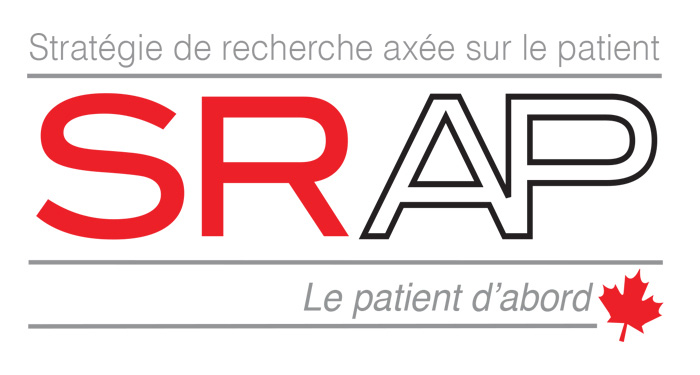Are you a researcher seeking administrative health data from more than one province or territory in Canada? HDRN Canada’s Data Access Support Hub (DASH) offers coordinated services to researchers interested in accessing multi-regional datasets. Learn how DASH can help you navigate the data access process as well as the centralized services and tools available for researchers conducting research projects in more than one region, including:
- the single data access request form for researchers to request data from multiple regions
- support from experts at data centres across Canada
- an inventory of all the datasets available via HDRN Canada and
- an algorithm inventory to aid in analysis of the data.
ABOUT THE SPEAKERS:
Carrie-Anne Whyte is a Program Lead with HDRN Canada’s Data Access Support Hub (DASH). She is located at the Canadian Institute for Health Information (CIHI) in Ottawa, where she has worked for the last decade. Her areas of focus include analysis, methodology and health data. Prior to her career at CIHI and HDRN, Carrie-Anne held roles with the Public Health Agency of Canada and the Ottawa Hospital Research Institute. Carrie-Anne holds a Master of Public Health from McGill University.
Stefana Jovanovska is a Senior Research Project Manager on the Data and Analytic Services team at ICES. With a diverse professional background encompassing analytical chemistry, quality control and clinical research, she brings a wealth of expertise to her role. Stefana’s primary focus is supporting publicly funded research as well as multi-regional projects support in collaboration with HDRN Canada’s Data Access Support Hub (DASH) team.
PLEASE NOTE: This event will be recorded and posted on hdrn.ca. This webinar is presented in English.






